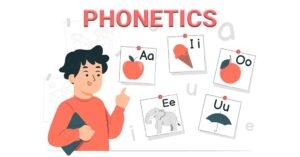
Introduction:
In the pursuit of achieving success in the International English Language Testing System (IELTS) exam, mastering vocabulary is a crucial component. A robust vocabulary not only enhances your ability to comprehend reading passages and listening materials but also allows you to express yourself more effectively in speaking and writing tasks. In this comprehensive guide, we’ll explore proven strategies to help you generate and expand your IELTS vocabulary, empowering you to excel in the exam and beyond.
Read Widely and Actively:
Reading extensively is the cornerstone of vocabulary acquisition. Engage with a diverse range of materials such as newspapers, magazines, novels, academic articles, and online blogs. Actively interact with the text by highlighting unfamiliar words and phrases, and make a conscious effort to understand their meanings from the context. Additionally, leverage digital resources like e-books and online articles that offer instant access to built-in dictionaries for quick word look-up.
Maintain a Vocabulary Journal:
Create a dedicated vocabulary journal or digital document to systematically record new words and phrases. Include their definitions, synonyms, antonyms, and example sentences to deepen your understanding and retention. Organize your vocabulary list based on themes or categories, such as academic vocabulary, idiomatic expressions, or topic-specific terminology. Regularly review and revise your vocabulary journal to reinforce your learning and track your progress over time.
Utilize Flashcards and Mnemonics:
Harness the power of flashcards to aid in memorization and retention of vocabulary. Create flashcards with words on one side and their definitions, example sentences, or images on the other. Alternatively, explore mnemonic devices such as acronyms, rhymes, or visual associations to make memorization more engaging and effective. Incorporate spaced repetition techniques to optimize your flashcard practice and ensure long-term retention of the vocabulary.
Explore Word Families and Collocations:
Expand your vocabulary systematically by exploring word families and collocations. Word families consist of related words derived from the same root, such as “happy” (adjective), “happily” (adverb), and “happiness” (noun). Understanding word families enables you to recognize patterns and derive meaning from unfamiliar words more easily. Similarly, pay attention to collocations – words that frequently appear together – and learn them in context to enhance your lexical accuracy and fluency.
Practice Active Learning:
Actively engage with new vocabulary by incorporating it into your speaking and writing practice. Challenge yourself to use recently learned words and phrases in contextually relevant sentences, conversations, essays, and speaking responses during IELTS preparation. Experiment with different sentence structures and contexts to reinforce your understanding and application of the vocabulary. Seek opportunities for real-life communication and interaction to further consolidate your learning.
Participate in Vocabulary-Building Activities:
Participate in vocabulary-building activities and exercises designed to enhance your lexical knowledge and skills. Explore online resources, mobile apps, and vocabulary books specifically tailored for IELTS preparation, offering curated lists of words and phrases commonly encountered in the exam. Engage with vocabulary quizzes, puzzles, and games to make learning more interactive and enjoyable. Collaborate with study partners or join online communities to exchange vocabulary tips, practice together, and motivate each other towards achieving your goals.
Review and Revise Regularly:
Consistent review is essential for maintaining and reinforcing your vocabulary knowledge. Set aside dedicated time each week to review your vocabulary journal, flashcards, and practice materials. Quiz yourself on the meanings, usage, and spelling of the words, and revisit any words that you find challenging. As you progress, continue to add new words to your vocabulary repertoire and expand your lexical horizons.
Immerse Yourself in English Language and Culture:
Immerse yourself in the English language and culture to deepen your understanding and appreciation of vocabulary in context. Watch English-language movies, TV shows, documentaries, and YouTube videos to expose yourself to authentic spoken English and diverse vocabulary usage. Listen to English-language podcasts, radio programs, and audiobooks to enhance your listening comprehension and vocabulary acquisition. Engage with English-language websites, social media platforms, and online forums to interact with native speakers and explore contemporary language trends and expressions.
Conclusion:
In conclusion, mastering IELTS vocabulary is a multifaceted process that requires dedication, persistence, and strategic practice. By employing effective strategies such as reading widely and actively, maintaining a vocabulary journal, utilizing flashcards and mnemonics, exploring word families and collocations, practicing active learning, participating in vocabulary-building activities, and immersing yourself in the English language and culture, you can systematically generate and expand your vocabulary repertoire. With consistent effort and focused preparation, you can enhance your language proficiency, boost your confidence, and achieve success in the IELTS exam and beyond.





